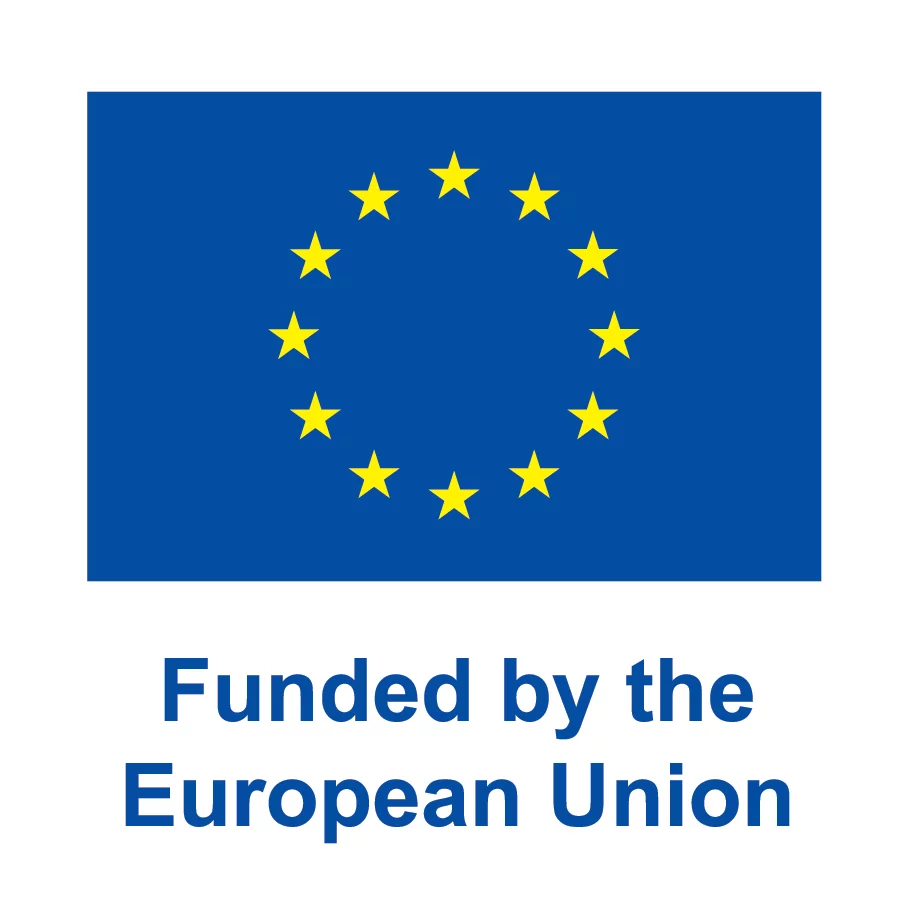THIS WEBSITE USES COOKIES
We use cookies to personalise content, to provide social media features, and to analyse our traffic. By choosing 'allow all cookies', you consent to our cookies.
To find out more, read our privacy policy and cookie policy.

Bacteria are versatile organisms capable of living in all ecosystems on earth. The cell envelope protects bacteria from many toxic molecules present in the environment. Since my PhD project with Prof Höltje, I have been fascinated by the multi-layered structure of the bacterial cell envelope and the amazing molecular mechanisms of cell envelope growth, which we can decipher because of the tractability of bacteria as research objects. Our research is important because it gains fundamental knowledge that can be used to target pathogenic bacteria through new antibiotics.
Prof. Waldemar Vollmer studied chemistry at the University of Applied Sciences Reutlingen (Germany) and the University of Basel (Switzerland). After a PhD project at the Max Planck Institute Tübingen with Prof. Joachim-Volker Höltje about a peptidoglycan hydrolase in E. coli, he worked with Prof. Alexander Tomasz at Rockefeller University (New York) on novel cell wall modifying enzymes in Streptococcus pneumoniae. From 2003-2006, Waldemar was Assistant Professor at the University of Tübingen (Germany) where his new group began to work on the activities and regulation of peptidoglycan synthases. In 2007 he moved to the Centre for Bacterial Cell Biology at Newcastle University (UK). With their collaborators, his group has been studying the structure and biogenesis of the cell envelope, and cell wall targeting antibiotics and lysins, in more than 30 different model bacteria, environmental bacteria and pathogens. More recently, they became interested in the coordination between outer membrane biogenesis and cell wall synthesis during growth and under stress conditions.
In 2023 Waldemar will move to the University of Queensland (Australia) where he will continue his group’s basic research and use their knowledge and research tools to discover lead molecules that inhibit key steps in bacterial cell envelope biogenesis and can be developed into novel antibiotics.

Funded by the European Union. Views and opinions expressed are however those of the author(s) only and do not necessarily reflect those of the European Union or the European Research Executive Agency. Neither the European Union nor the granting authority can be held responsible for them.
Copyright © accelopment Schweiz AG 2022 | All Rights Reserved | Privacy Policy | Cookie Policy